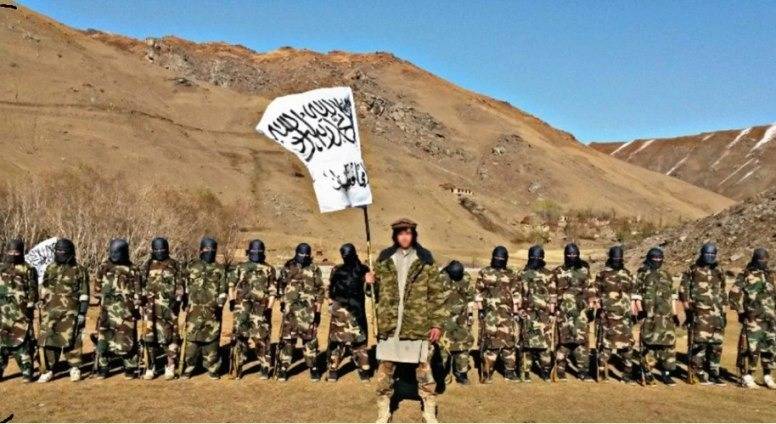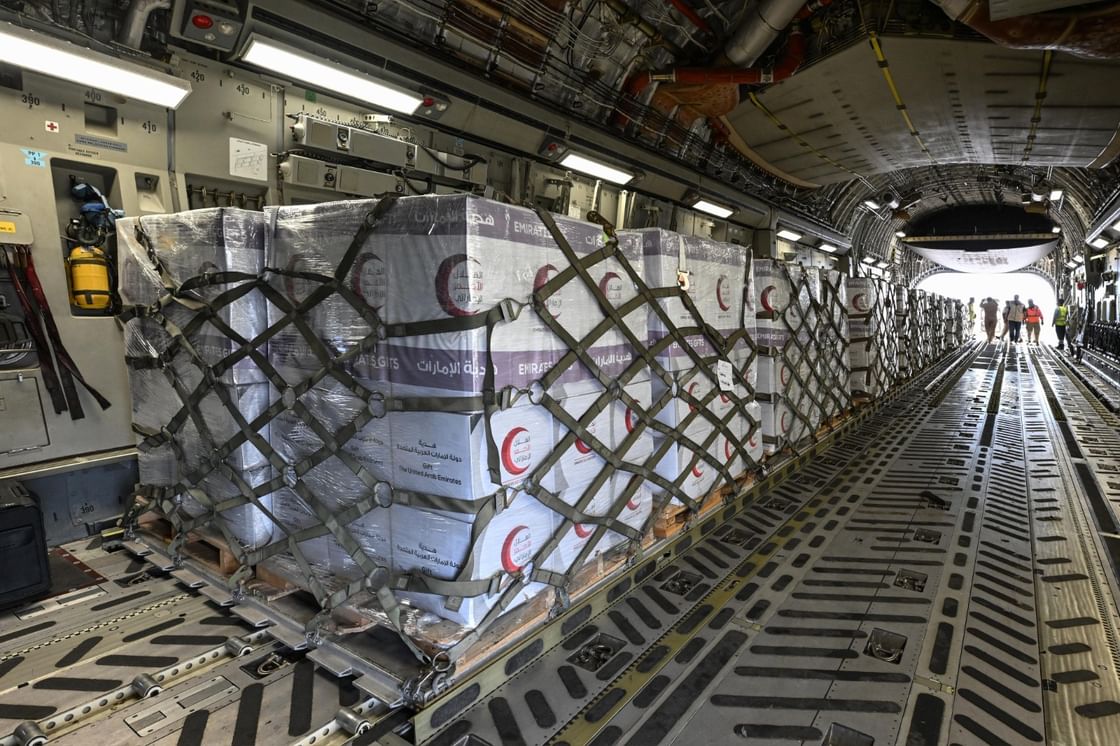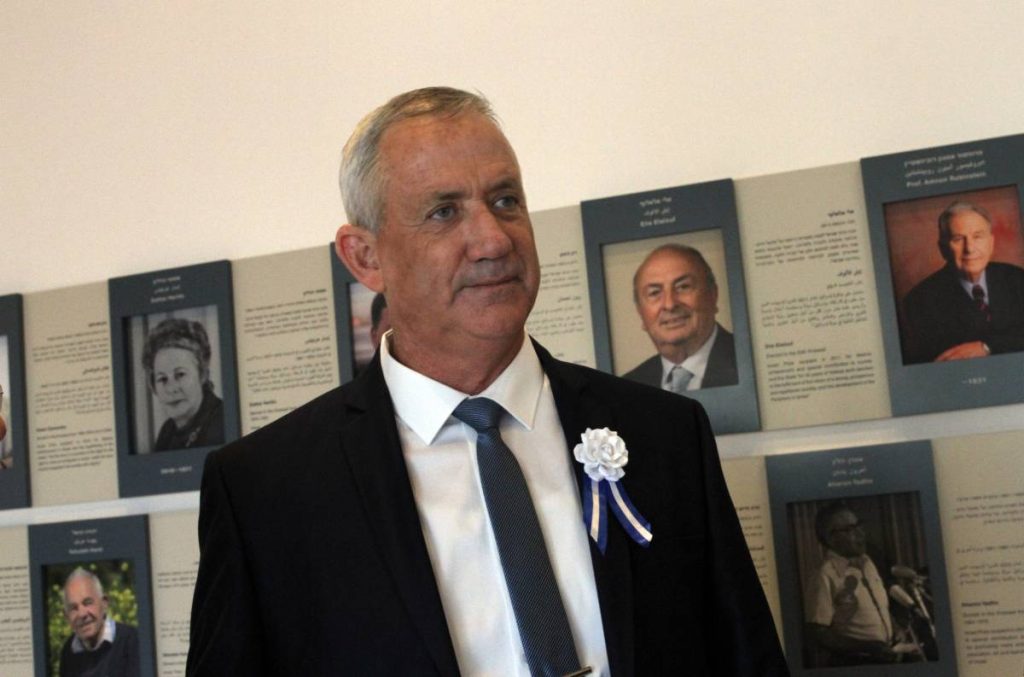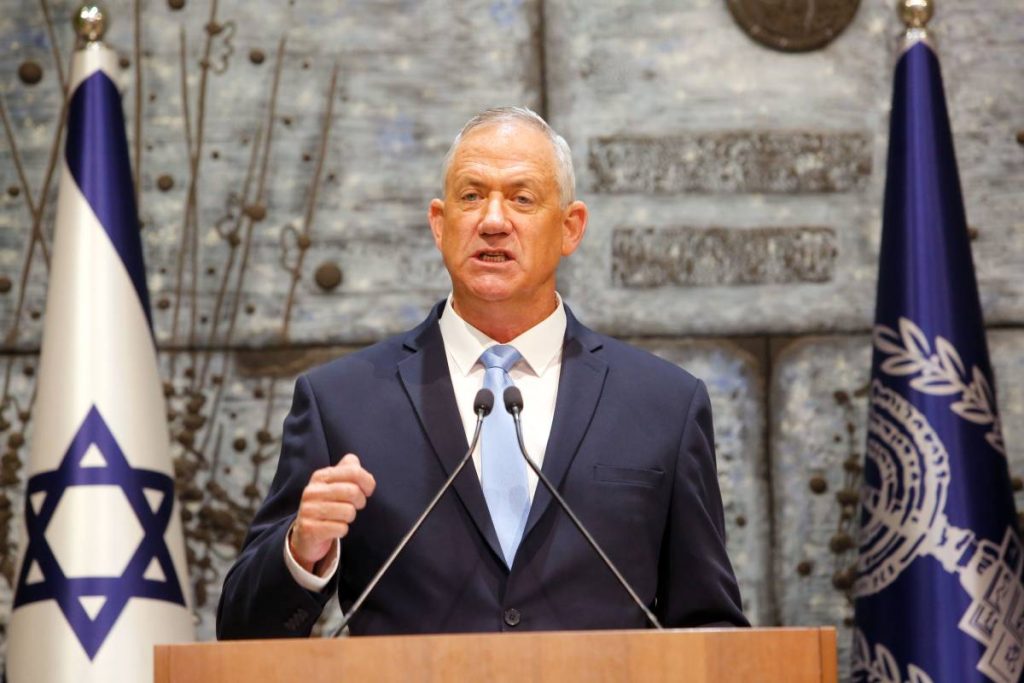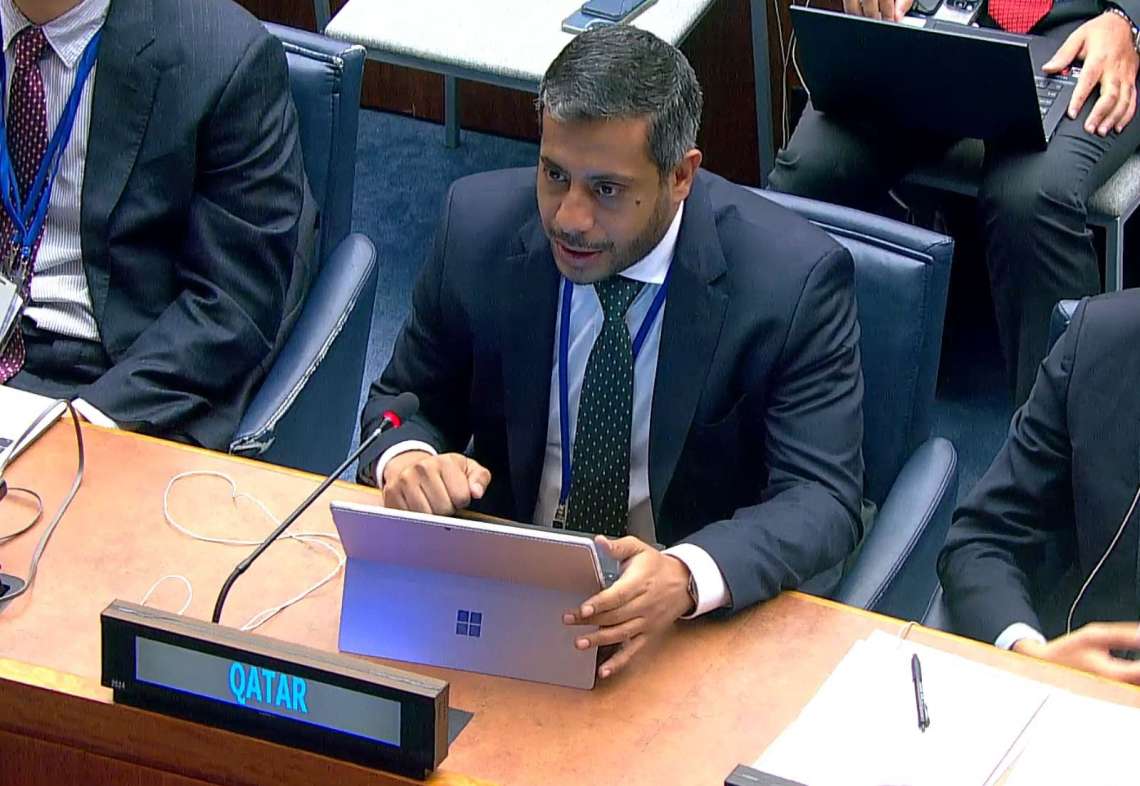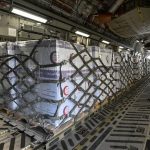According to reports, many Taliban fighters have joined the Islamic State Khorasan Province (ISIS-K) “to free Muslims from the tyranny of the Chinese government by rising up against the fascist regime.”, a report by Mrityunjoy Kumar Jha
The Taliban is clearly splintering. While the group is trying to win favour from China, their foot soldiers and field commanders are calling for “jihad” against the Chinese government, citing oppression of Uyghurs and other Muslims in the restive Xinjiang Uygur Autonomous Region (XUAR).
They are blaming the top Taliban leadership for not defending their Xinjiang Muslim brothers, who are under the quash in China. They are also angry with China for blocking a Quran app last month. This app is “trusted by more than 25 million Muslims around the world” and they use it to read or listen to the recitation of the Quran, remind the time of daily prayers, determine the direction of the qibla, watch live coverage of Hajj rituals from Mecca and Medina.
According to an Iraqi news website, almashareq.com, these Taliban fighters have joined the Islamic State Khorasan Province (ISIS-K) “to free Muslims from the tyranny of the Chinese government by rising up against the fascist regime.”
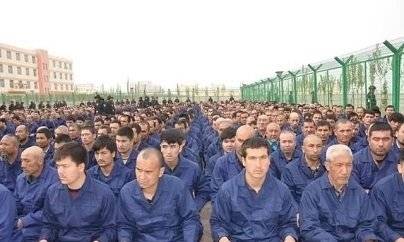
“China is openly insulting virtues and sanctities and prosecuting its Muslim population and the time has come for Jihad against the Chinese government. As long as we do not use force to suppress the Chinese communist regime, this government will never stop committing atrocities against the country’s Muslim population” says the report quoting one Taliban field commander Mohajer in Herat province of Afghanistan.
According to the website, the same sentiments were shared by most of the Taliban fighters who felt betrayed by their leaders. They said that China is the enemy of Muslims but the Taliban government is openly courting the Chinese government for cash.
“Any friendship and intimacy with a government whose hands are stained with Muslim blood is forbidden,” says another Taliban fighter Omar Mutasim adding, “we expected the Taliban government to raise its voice in support of China’s innocent Muslim but unfortunately they remained silent.”
Though China has yet to recognise the Taliban government, it has engaged with the Taliban and has been exhorting the world to mainstream the Taliban. China is worried about the insurgency in Uyghur-dominated Xinjiang region.
The East Turkmenistan Islamic Movement (ETIM) is a Uyghur Islamic fundamentalist outfit that operates from the China-Afghanistan border areas of Badakhshan province which is still said to have more than 2000 fighters. In exchange for its support to the Taliban, China sought assurance from the group that they would not let ETIM operate from Afghanistan. The Taliban have now told China that ETIM operatives were pushed to China, where its security forces can tackle the insurgents.
In recent months after the Taliban’s take over the country, ISIS-K has intensified high-profile suicide bomber attacks using ETIM’s Uyghur fighters. Following continuous meetings between Chinese and Taliban leaders in Kabul last week, the IS linked Khalid Media scorned these meetings calling the Taliban “prostitutes” who pander to Beijing seeking official recognition.
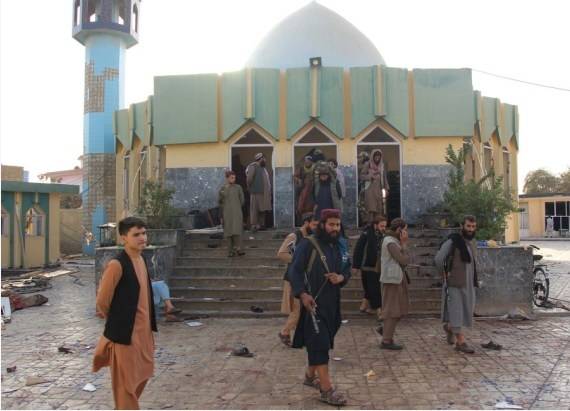
According to various intelligence reports, many Taliban fighters have joined the ISIS-K strengthening its positions in and around Kabul.
“IS leaders are recruiting Taliban fighters who blame the Taliban for being silent on the Chinese oppressions on Uyghurs. IS has also recruited militants from Iraq, the Syrian Arab Republic and other conflict zones,” said one of the UNGC reports published last month.
IS’s propaganda paper The Voice of Hind pledges “revenge” against China for “imprisoning the Muslims en masse [sic],” vowing never to let Beijing “put out the light of Islam in China.”
“The friendship of Islamic countries with the Chinese government, which is involved in the killing, sexual exploitation, torture and displacement of Uighur Muslims, is a great sin,” the paper says.
This anti-China effort isn’t new. Early on, from its base in Iraq and Syria, ISIS released videos of Uyghur fighters threatening Beijing. Though the Taliban has been assuring the Chinese leadership that ISIS-K is not a threat, Beijing’s intelligence agencies are constantly following the resurgence of ISIS-K.
The Chinese are well aware that Haqqanis have very close relations with ETIM and the Turkestan Islamic Party (TIP). This was pretty evident when China’s Intelligence chief Chen Wenqing met Interior Minister of Afghanistan Sirajuddin Haqqani last month and asked him for the extradition of prominent members of militant outfit ETIM and TIP to China.
According to Afghan experts, this is what the ISIS-K is looking to leverage to become the de-facto voice for Uyghurs in the region.
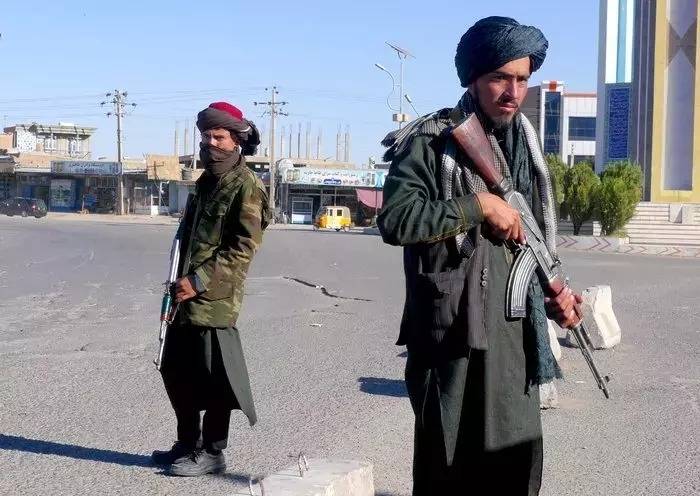
Haqqani plays mind games
It has been three months and yet the world is yet to see the recent picture of the Sirajuddin Haqqani, the dreaded terror chief of Haqqani Network (HQN) who carries a bounty of $10 million on his head.
The group’s leader obviously fears a drone attack. Naturally, he is going the extra mile to hide his physical identity.
Nevertheless, a childhood picture of the elusive Sirajuddin has surfaced on social media, which shows him carrying a Ak-47 rifle. In the picture, young Sirajuddin was sitting with the weapon while his father Jalalluddin Haqqani was offering Namaz at some remote undefined place during jihad against the Soviets.
This picture first appeared in 2016 with the caption: Childhood picture of the deputy – potential to be Taliban leader – Sirajuddin Haqqani.
The same picture surfaced again with the supporters of Haqqani saying that “if he would have been afraid of weapons, Khalifa Sirajuddin Haqqani could not have been a great leader.” It is obvious that the Haqqanis do not wish to create an impression among their followers that they are afraid of the Americans by avoiding release of a recent picture. The resurfacing of the old picture has once again been used to create a narrative of Sirajuddin’s valour.
Confirming that this was indeed a picture of his elder brother, Anas Haqqani retweeted Sirajuddin’s picture with a profound comment in his post.
“If we had hated weapons, we would have kept ourselves and our generation away from them. Would we be proud to defeat the occupation and gain independence now?!
“We are the people of books, pens, culture and literature and we consider keeping weapons as an ornament to protect our religion, homeland and values,” Anas Haqqani wrote.
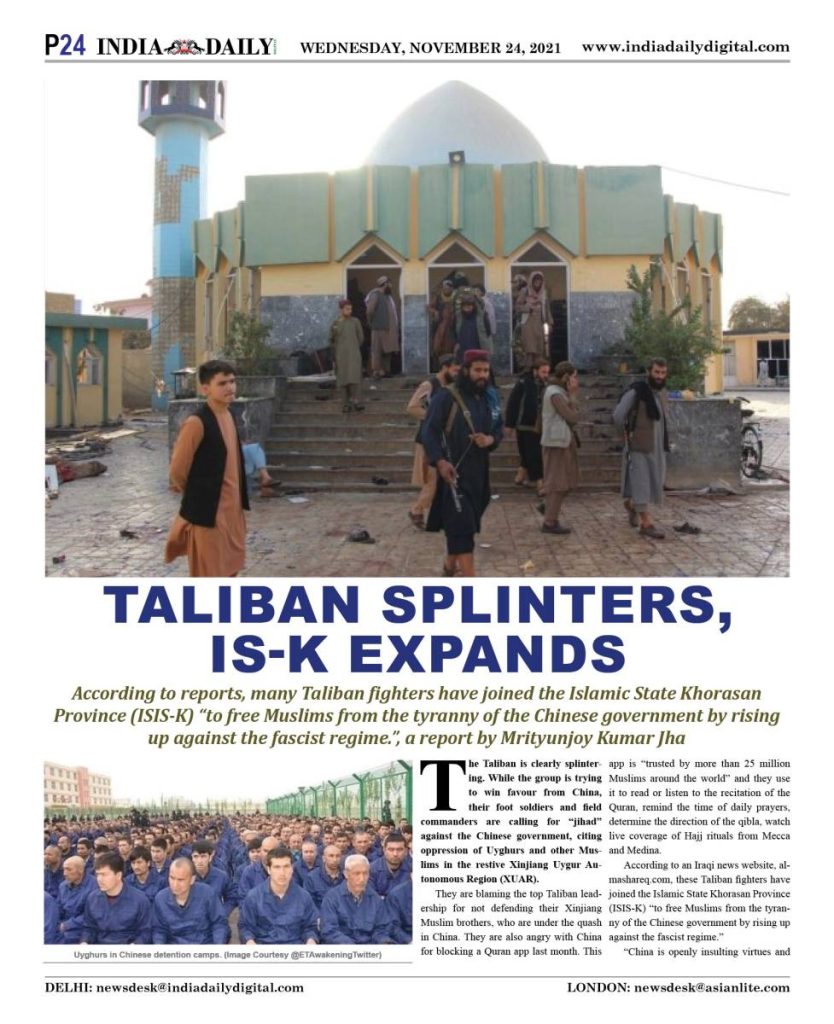
Sirajuddin Haqqani may be a great saviour for his militant cadre but the truth is he is still a most wanted UN designated terrorist for the US who still has not a recent picture other than a single photograph where the face is not seen clearly.
Interestingly, after taking charge as the interior minister in the Taliban regime, Sirajuddin Haqqani’s first public appearance was last month where he was seen felicitating family members of his “martyred” suicide bombers. In an official photo of the event at Kabul’s Intercontinental Hotel, the target of deadly Taliban attacks in 2011 and 2018, Haqqani can barely be seen sitting behind a strategically placed floral arrangement onstage. Haqqani’s face was either blurred or artfully hidden behind warm embraces with attendees of the event. But these blurred images of the most powerful ISI backed person in the Taliban, have blurred the Taliban’s attempts to cast itself as a more moderate and transparent version than when it was last in power.
Experts believe that Haqqani’s current appearance is being obscured to protect him from those who might want to cash in on the reward of millions of dollars. According to multiple intelligence sources, one of the most dreaded terrorists and heir of the terror group Haqqani Network, Sirajuddin Haqqani is “scared” about his security in Kabul and he keeps frequently changes location and keeps his movements secret out of fear that Washington will target him using remotely piloted drones.
And there is a growing internal conflict in the Taliban where there is an open war between the defence minister and son of the Taliban Mullah Yaqoob and Haqqanis after Haqqani’s uncle Khalil Haqqani shot at the Taliban deputy Mullah Baradar during the government formation. Since then the two groups have their own security.
(The content is being carried under an arrangement with indianarrative.com)

